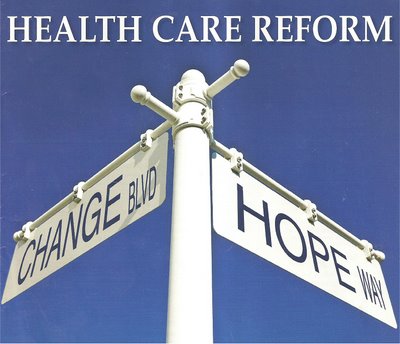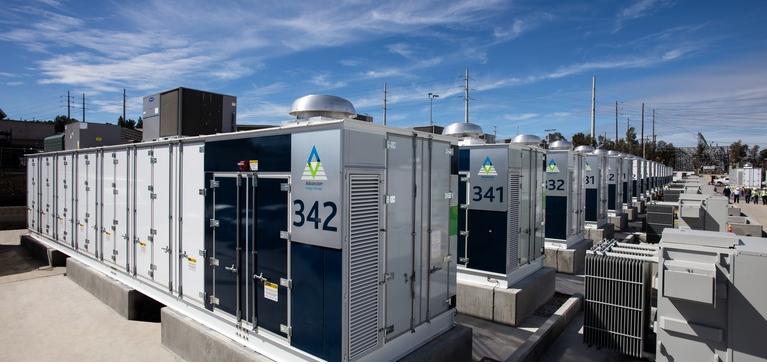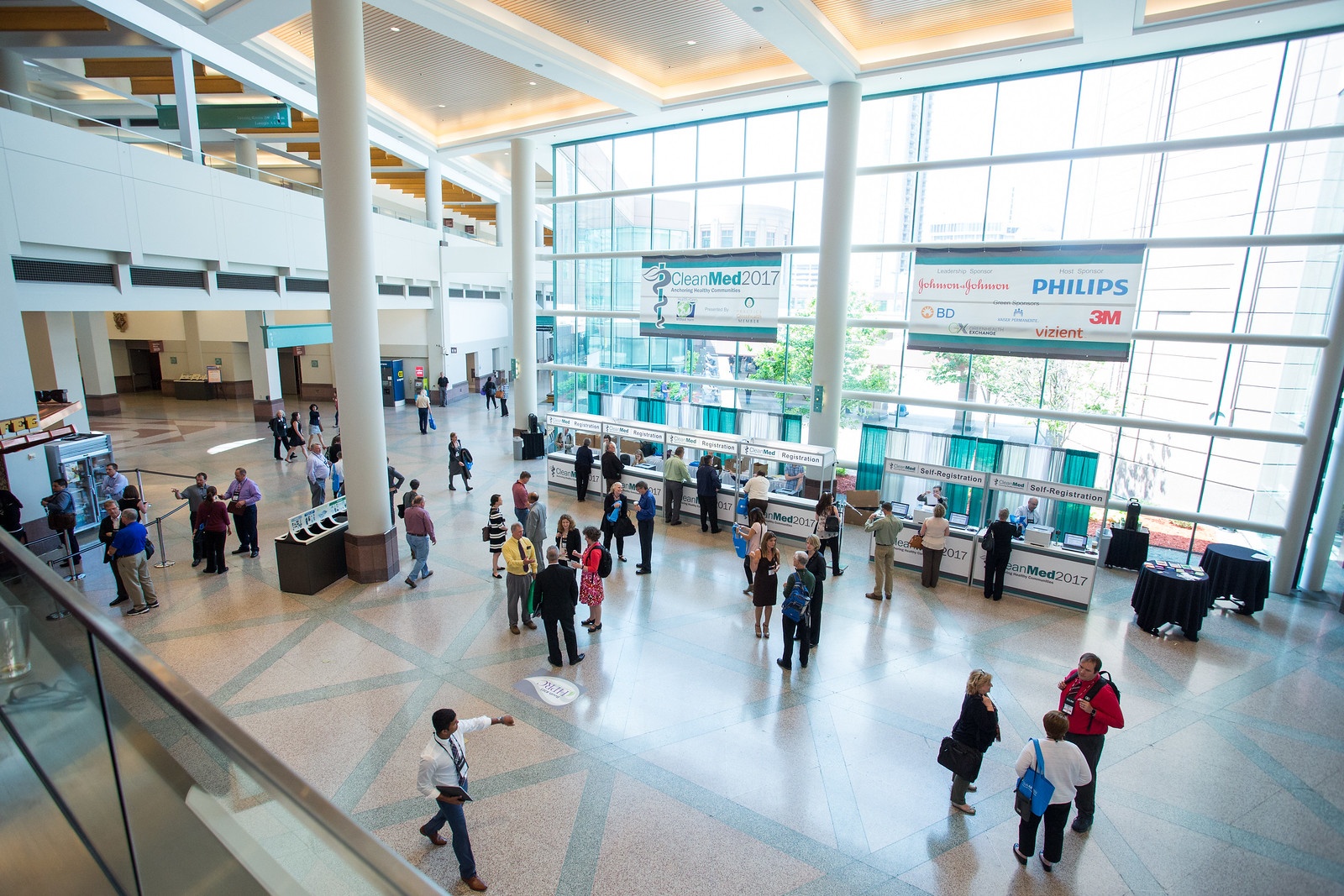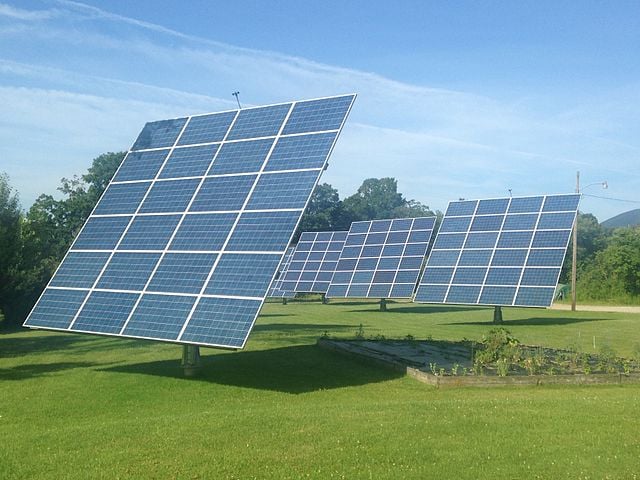I recently had the privilege to travel to Colombia with Engineers Without Borders to assess the needs and resources for an irrigation project for family farms. Colombia is very well suited for coffee and sugar cane, but the dry season is too harsh for more sensitive plants like basil, lettuce, spinach, and peppers. For this, farmers need drip irrigation, water catchment, water reservoir, and water diversion. Our group’s goal is to develop an affordable, sustainable, and replicable design as a pilot project for ten farmers in central Colombia. We are working with Food 4 Farmers, an international non-governmental organization (NGO), Nueva Realidad, a Bogota based NGO, and Nuevo Futuro, the local coffee cooperative. We knew what our goal was before we started, but we had no idea what to expect from the trip. Here are our impressions of the country with which our team returned.
4 min read
Impressions of Colombia: Farming, Fair Trade, and the FARC Peace Treaty
By Eveline Killian on Jan 24, 2018 1:30:00 AM
Topics: Sustainability Public Policy Workplace & People
2 min read
Retaining Energy Savings, and Snowflakes
By Rick Stehmeyer on Dec 29, 2017 4:40:00 PM
Wilson “Snowflake” Bentley was born in my home town of Jericho VT in 1865. My town is situated in Vermont in a unique way that allows for a lot of annual snow (by Vermont standards). Not only does Jericho get a lot of snow, but we also seem to be situated in such a way that we get perfect snowflakes that don’t clump together. This is what allowed Mr. Bentley to become one of the first known photographers of snowflakes. He invented his own way of catching flakes using black velvet, so they wouldn’t melt or evaporate before he could get a picture of them.
Topics: Sustainability Energy Efficiency
5 min read
The Business Case for Health Care Reform in the United States
By Rachael Straub on Nov 15, 2017 12:32:00 PM
While this is off the topic of energy efficiency and optimized building functionality, it’s relevant to sustainability, specifically the long-term health of businesses and the people they employ. The United States’ health care system is in crisis. As a nation, we spend over twice the amount on health care than other developed countries, but rank last in terms of health care outcomes, such as equity, efficiency, and mortality rates (see: How Bad is U.S. Health Care?). As the cost of health care rises, the financial hardship of staying well not only burdens those who need help the most – the sick and the poor – but also those businesses committed to providing health care to their employees.
Topics: Sustainability Public Policy
5 min read
Can We Transition to Renewable Energy Systems without Government Support?
By Eveline Killian on Nov 9, 2017 10:00:00 AM
According to various studies, the United States is beating its energy reduction and renewable energy production goals beyond any federal predications. Total energy consumption in 2016 was 17% lower than expected, wind power production was 79% higher, and solar production was 383% higher than the United States Department of Energy predicted in a February 2007 report, as stated in the October 5, 2017 Statista Portal. In addition, a 2017 U.S. Energy and Employment Report finds that 45% of the 1.9 million workers in the Electric Power Generation and Fuels technologies are in the low-carbon emission generation technologies (renewables, nuclear, and advanced/low emission natural gas).
Topics: Sustainability Public Policy Energy Efficiency
3 min read
Quantifying Our Firm’s Carbon Footprint – Where to Start?
By Rachael Straub on Aug 16, 2017 10:00:00 AM
Early this year, Cx Associates and the Vermont Green Businesses Network (VGBN) were awarded the Burlington 2030 District Director contract. Cities and towns that become an established 2030 District commit to the Architecture 2030 Challenge, which requires all new buildings, developments, and major renovations to be carbon-neutral by 2030. Cx Associates and VGBN, as the Burlington 2030 District Director, are tasked with developing a roadmap for the newly established Burlington District and assisting it to become self-sufficient.
Topics: Sustainability Standards and Metrics
4 min read
CleanMed Conference Report
By Katie Mason on Jul 6, 2017 10:00:00 AM
I recently attended the CleanMed Conference and Exposition in Minneapolis, Minnesota. This event, organized by Health Care Without Harm and Practice Greenhealth, “has gained a global reputation as the premier conference on environmental sustainability in the health care sector.”[1] This blog post will discuss the conference content as well as a few key points from several of the workshops I attended.
Topics: Sustainability Building Performance & Technology
4 min read
High Performance Neighborhoods: Sustainable Water Use
By Gretchen Schimelpfenig on Jun 28, 2017 10:00:00 AM
Earlier this month, the New England chapter of the American Institute of Architects’ (AIA) Committee on the Environment held their annual leadership summit in Burlington, Vermont. As the keynote speaker, Clark Brockman – principal at SERA Architects and a leader in his field – delivered a presentation on district scale solutions for net zero energy and water in communities.
Topics: Sustainability Public Policy
5 min read
Adapting to Climate Change: Why Do It, and How to Begin?
By Rachael Straub on Jun 7, 2017 10:00:00 AM
I appreciate NASA’s Global Climate Change website as a resource for scientific evidence of the existence of human-made climate change (https://climate.nasa.gov/evidence/). The facts are simple, such as the rate of global sea level rise during the last two decades being nearly double that of the last century. Of course, the most telling fact is that the planet's average surface temperature has risen about 2.0 degrees Fahrenheit (1.1 degrees Celsius) since the beginning of global temperature record keeping (around 1890). Most of the warming occurred in the past 35 years, with 16 of the 17 warmest years on record occurring since 2001. Essentially every year is warmer than the year before and is the warmest year on record. That is, until the next year.
Topics: Sustainability Public Policy
4 min read
Community Engagement for Carbon Neutrality
By Gretchen Schimelpfenig on May 10, 2017 10:00:00 AM
On Samsø Island in Denmark, Søren Hermansen led a community of 3,724 to achieve their zero-carbon goals in ten years. Today, every person on the island has a negative carbon footprint. What can cities in Vermont learn from Danish methodologies of stakeholder engagement so they can reach their carbon reduction goals?
Topics: Sustainability Public Policy
6 min read
Renewable Energy Generation in the United States
By Gretchen Schimelpfenig on Mar 15, 2017 10:00:00 AM
Renewable energy resources – including solar, wind, geothermal, hydroelectric, biomass (any organic non-fossil material of biological origin), ocean thermal, wave action, and tidal action – are becoming a larger part of the American energy portfolio.








.jpg)

